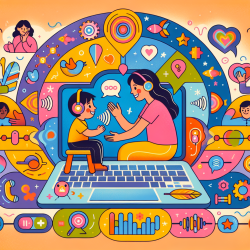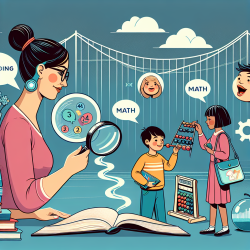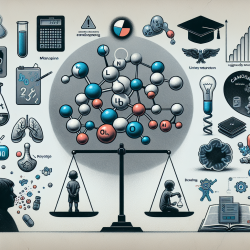- Importance of Cultural Adaptation: Programs adapted to the cultural context of Indigenous communities show promising results in improving psychosocial wellbeing. This underscores the need for culturally sensitive interventions.
- Diverse and Holistic Approaches: The reviewed resources include a variety of interventions such as psychoeducation, community support, and workshops, which collectively address the emotional, psychological, and social wellbeing of children and their caregivers.
- Challenges and Gaps: Despite some positive outcomes, the study reveals a paucity of high-quality research and resources specifically designed for Indigenous populations with ASD. This calls for more rigorous research and the development of targeted interventions.
1. Implement Culturally Adapted Programs
Consider integrating programs that have been culturally adapted for Indigenous communities. For instance, the Alert Program® was successfully adapted for Indigenous children in Australia, resulting in significant improvements in emotion regulation and executive functioning. Collaborate with cultural experts to ensure your interventions are culturally appropriate and effective.
2. Utilize a Holistic Approach
Adopt a holistic approach that addresses the multifaceted needs of children with ASD. Incorporate psychoeducation, community support, and workshops to provide comprehensive care. Resources like the Positive Partnerships website offer online psychoeducation and community programs that can be invaluable.
3. Engage in Ongoing Research
The study emphasizes the need for more research in this area. Participate in or initiate research projects to evaluate the effectiveness of your interventions. Collaborate with academic institutions and Indigenous communities to conduct studies that can fill the existing gaps in knowledge.
4. Support Caregivers
Caregivers play a critical role in the wellbeing of children with ASD. Provide them with resources and support to manage their stress and improve their coping skills. Workshops like Early Days, which offer educational sessions for caregivers, can be very beneficial.
5. Leverage Technology
Utilize online platforms and teletherapy to reach remote Indigenous communities. The internet has become an essential source of information and support, as highlighted by the Ngarrindjeri people's recognition of its importance. Online resources and video conferencing can make interventions more accessible.
By integrating these strategies, you can make a significant impact on the lives of Indigenous children with ASD and their caregivers. For a deeper understanding and to explore the detailed findings of the study, read the original research paper.To read the original research paper, please follow this link: Psychosocial resources developed and trialled for Indigenous people with autism spectrum disorder and their caregivers: a systematic review and catalogue.









